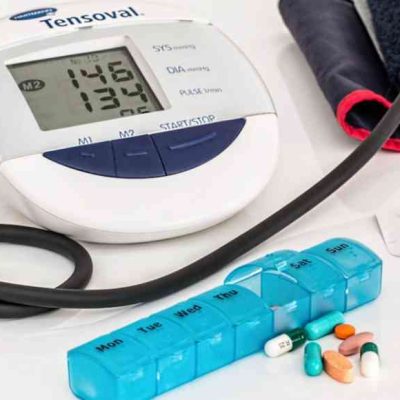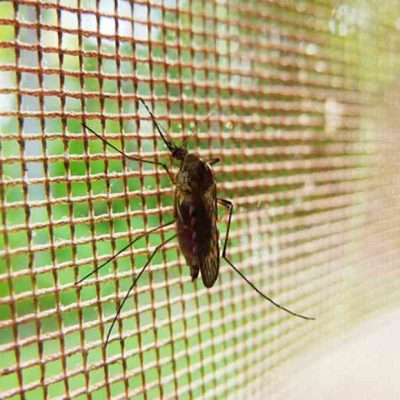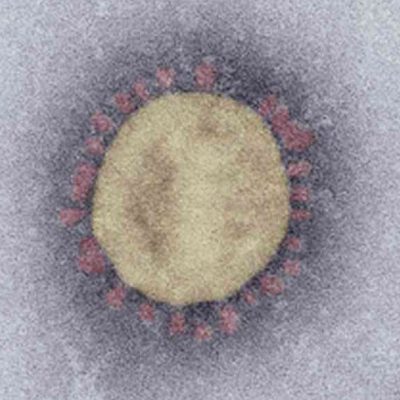Science Shop
Advertisement
Successful Gene Therapy for Color Blindness
- By Geert Devenster
- . May 9, 2020
A new gene therapy has been developed that allows adults with complete color blindness (achromatopsia) to see more clearly and recognize colors. The treatment has

Pandemic-Capable Influenza Virus Detected in Germany
- By Geert Devenster
- . May 7, 2020
A recent study conducted by the United Nations has revealed that animal diseases are increasingly being transmitted to humans. This is due to the exchange

Alcohol Boosts Brain Cell Diffusion
- By Geert Devenster
- . May 6, 2020
Regular alcohol consumption can lead to changes in the brain that cause the happiness hormone dopamine to spread more strongly, which can lead to addiction

The Aging Population: Why?
- By Geert Devenster
- . May 6, 2020
The people of Germany are living longer than ever before, thanks to advancements in medicine and technology. However, this increase in life expectancy is not

High Blood Pressure Doubles Covid-19 Death Risk
- By Geert Devenster
- . May 5, 2020
High blood pressure leads to significantly more deaths and severe illness in Covid-19 infections, according to a study by the European Society of Cardiology. The

COVID-19 fuels rise in malaria deaths in Africa
- By Geert Devenster
- . April 27, 2020
The spread of the coronavirus could lead to a reduction in measures against malaria in Africa, potentially doubling the number of deaths to 769,000 people.

Anti-vaxxers thrive in Germany.
- By Geert Devenster
- . April 25, 2020
Germany has a higher than average number of anti-vaxxers compared to other European countries, due to a lack of trust in the healthcare system and

Obesity Increases Severe COVID Risk
- By Geert Devenster
- . April 18, 2020
Obesity significantly increases the risk of a severe course of illness with SARS-CoV-2, according to studies from France and China. Patients with obesity are more

Rare Covid-19 detection in Germany.
- By Geert Devenster
- . April 16, 2020
A recent study by the University of Göttingen has revealed that only 15.6% of Covid-19 infections in Germany are being detected. This means that the

Blood Test Detects 50 Types of Cancer
- By Geert Devenster
- . April 15, 2020
A new blood test has been developed that can detect 50 different types of cancer with varying degrees of accuracy, ranging from 18% to 93%









